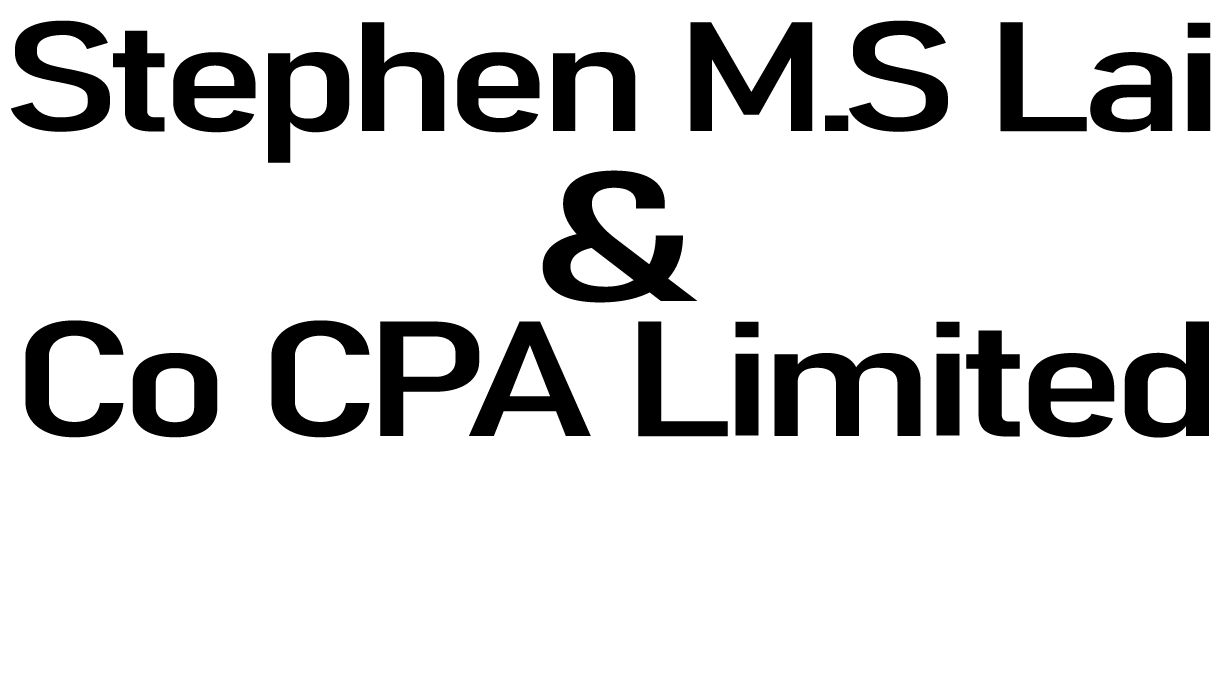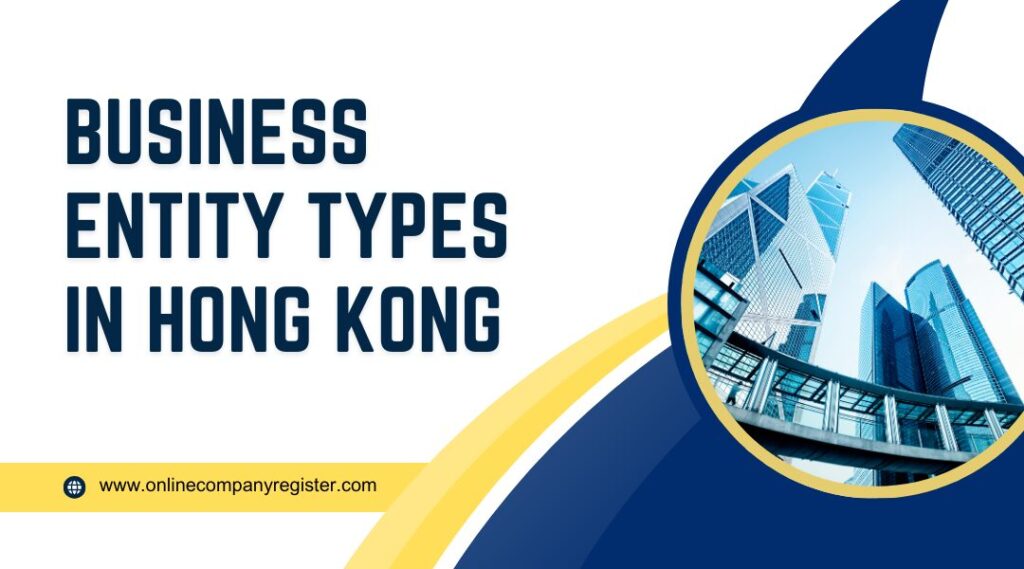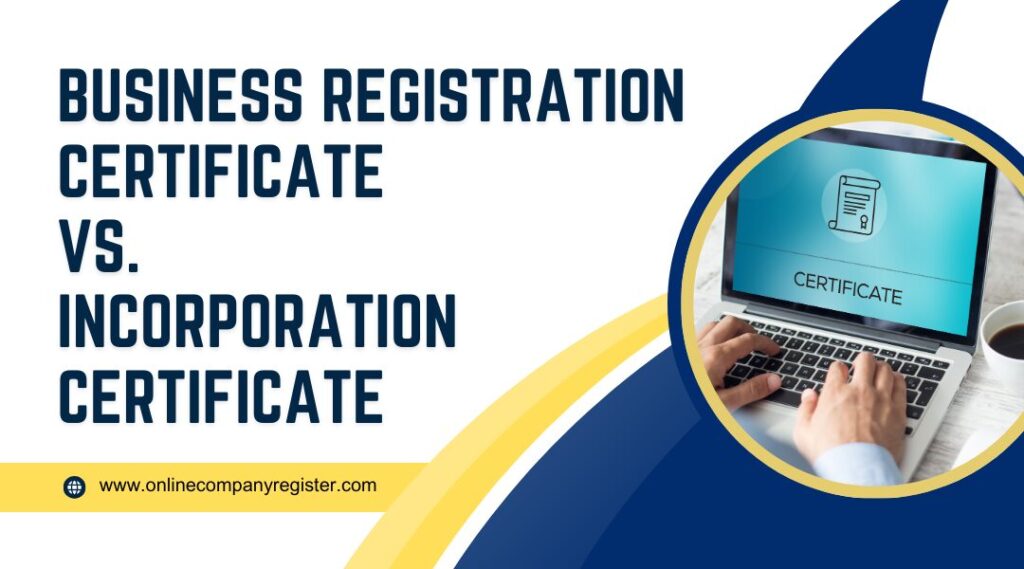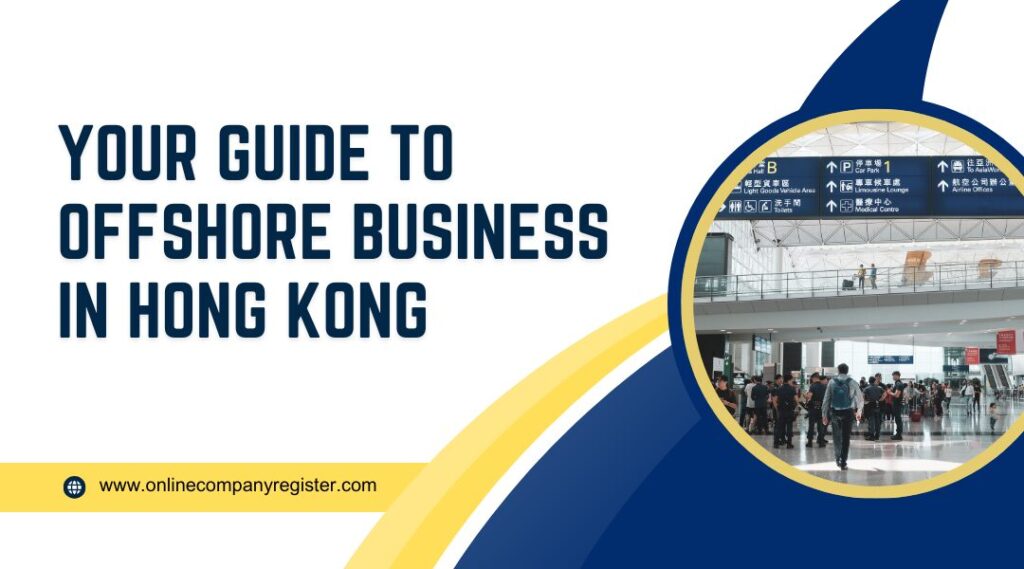Hong Kong is one of the most business-friendly places in the world, with low corporate taxes, a strong legal framework, and simple regulatory processes. However, before you can take advantage of these benefits, the first and most important step is to choose the right company structure. This choice will affect everything from your liability and tax obligations to how flexible your operations can be and what people will perceive about your business.
Whether you are a solo entrepreneur, a partnership, or an international corporation looking to expand, selecting the right business structure is key to ensuring that your setup is appropriate for your needs. In this guide, we look at the primary business structures available in Hong Kong, highlighting their unique features and assist you in making the right choice to suit your needs.
5 Types of Business Structures in Hong Kong
Hong Kong’s business landscape accommodates a variety of company structures, each catering to different operational needs and scales. Let’s break down these structures and explore their intricacies.
1. Sole Proprietorship Company
A sole proprietorship is the most simple form of business in Hong Kong. It’s typically chosen by freelancers, small traders, and independent professionals who wish to operate with as little red tape as possible. This kind of business is owned and managed by one individual, who accepts total control and liability for the business. The business and the owner are not differentiated; therefore, profits and liabilities directly relate to the person.
Key Features
- In Hong Kong, a sole proprietorship is registered with the Inland Revenue Department (IRD).
- An unincorporated entity makes the owner personally liable for all business debts and obligations, exposing personal assets in case the business experiences financial problems.
- Taxation of a sole proprietor is easy; all profits are included in the owner’s income and are taxed at the progressive rate.
- This business structure is best suited for ventures with low startup costs and minimal operational risks, such as freelance consulting or small retail operations.
2. Partnership Company
A partnership is an agreement entered between two or more people in sharing ownership, responsibility, and profit. The nature of partnership arrangements is mainly favorable for small and medium-sized enterprises as resources can be pooled.
Key Features
- In a general partnership, every member shares equal rights and responsibilities, with unlimited liability for the business debts. If one member incurs liability, then all members are equally liable.
- A limited partnership, on the other hand, is made up of general partners who run the business and have unlimited liability and limited partners who invest capital with limited liability.
- In Hong Kong, partnerships must establish a formal agreement outlining profit distribution, roles, and responsibilities between partners to prevent disputes.
- Taxation of partnership is exactly like sole proprietorship as the profit gets taxed as a partner’s income.
This structure is well-suited for professional firms like legal practices or small trading businesses that benefit from shared expertise and pooled resources.
3. Limited Liability Company (LLC)
A limited liability company is the most common business structure in Hong Kong, providing a good mix of credibility, liability protection, and flexibility. It operates as a separate legal entity from its owners, which means the company can own assets, enter into contracts, and be sued independently of its shareholders.
Key Features
- Private Limited Companies are often utilized by small to medium-sized businesses. The shares are held privately, and shareholders’ liability is restricted to their share capital.
- Public Limited Companies can sell shares to the public and are usually associated with large corporations. They face more stringent regulatory scrutiny and are frequently listed on the Hong Kong Stock Exchange.
- Creating an LLC requires registering with the Companies Registry and securing a Business Registration Certificate. Additionally, the company needs to have at least one director, one shareholder, and a company secretary.
One of the key advantages of an LLC is that it provides credibility and is favored by investors and banks. It’s suitable for businesses of all sizes, especially those with growth ambitions or high operational risks.
4. Branch Office
A branch office is an extension of a foreign parent company in Hong Kong. It’s an excellent option for international businesses looking to broaden their presence without establishing a separate entity.
Key Features
- A branch office is not treated as a separate legal entity; it functions as an extension of the parent company.
- Consequently, any liabilities arising from the branch office are the parent company’s responsibility. The branch must be registered with the Companies Registry as a Non-Hong Kong Company and acquire a Business Registration Certificate from the IRD.
- Typically, branch offices are utilized for business operations, marketing, or service delivery within Hong Kong.
This structure is ideal for companies directly linking their Hong Kong operations and global business networks.
5. Representative Office
A representative office allows foreign businesses to establish a presence in Hong Kong for research, networking, or promotional purposes without engaging in profit-making activities.
Key Features
- Representative offices are not allowed to conduct commercial transactions or enter into contracts on behalf of the parent company.
- This type of office is used for non-commercial activities such as market research, building relationships, and understanding local business conditions.
- Registration with the Companies Registry is simplified, and no corporate tax is levied since the office does not generate revenue.
This structure is perfect for companies exploring the Hong Kong market before fully entering.
Factors to Consider When Choosing a Business Structure
Choosing the right company structure is a strategic decision that should align with your business goals. Consider the following factors:
- Liability: Understand the level of personal risk you are willing to assume. Sole proprietorships and general partnerships expose you to unlimited liability, whereas LLCs offer full liability protection.
- Tax Implications: Each structure has different tax obligations. LLCs are subject to corporate tax, while sole proprietorships and partnerships report income as personal earnings.
- Funding Needs: If you plan to raise capital, an LLC or public company is better suited. Sole proprietorships and partnerships may struggle to attract investors.
- Compliance Costs: LLCs have higher compliance requirements, including mandatory audits and filings. Sole proprietorships, by contrast, have minimal regulatory obligations.
- Scalability: Consider the future needs of your business. LLCs provide greater flexibility for expansion compared to sole proprietorships.
Conclusion
Choosing the appropriate company structure is a vital initial step when starting a business in Hong Kong. You can choose a structure that fits your aspirations by thoughtfully evaluating your operational requirements, liability issues, and future objectives.
With its favorable business environment and top-notch infrastructure, Hong Kong offers an excellent foundation for businesses of any scale. Begin your journey on the right track by making a well-informed choice that paves the way for success.




